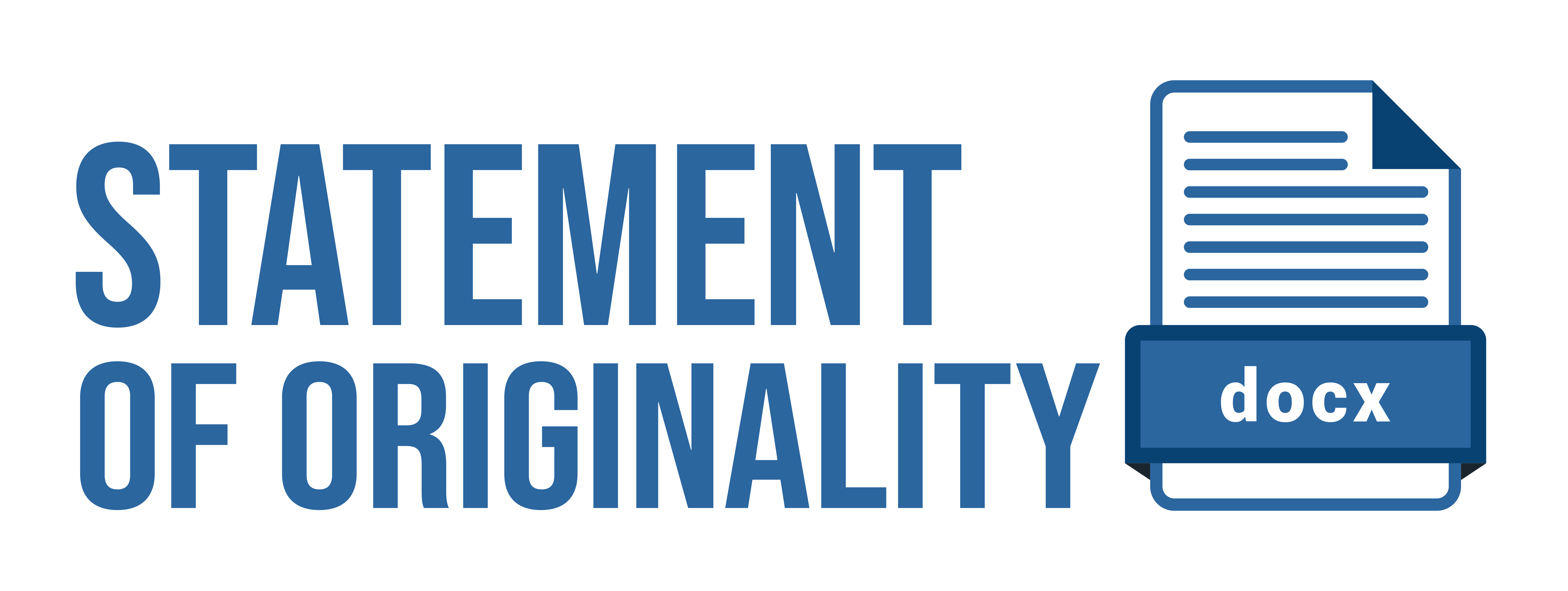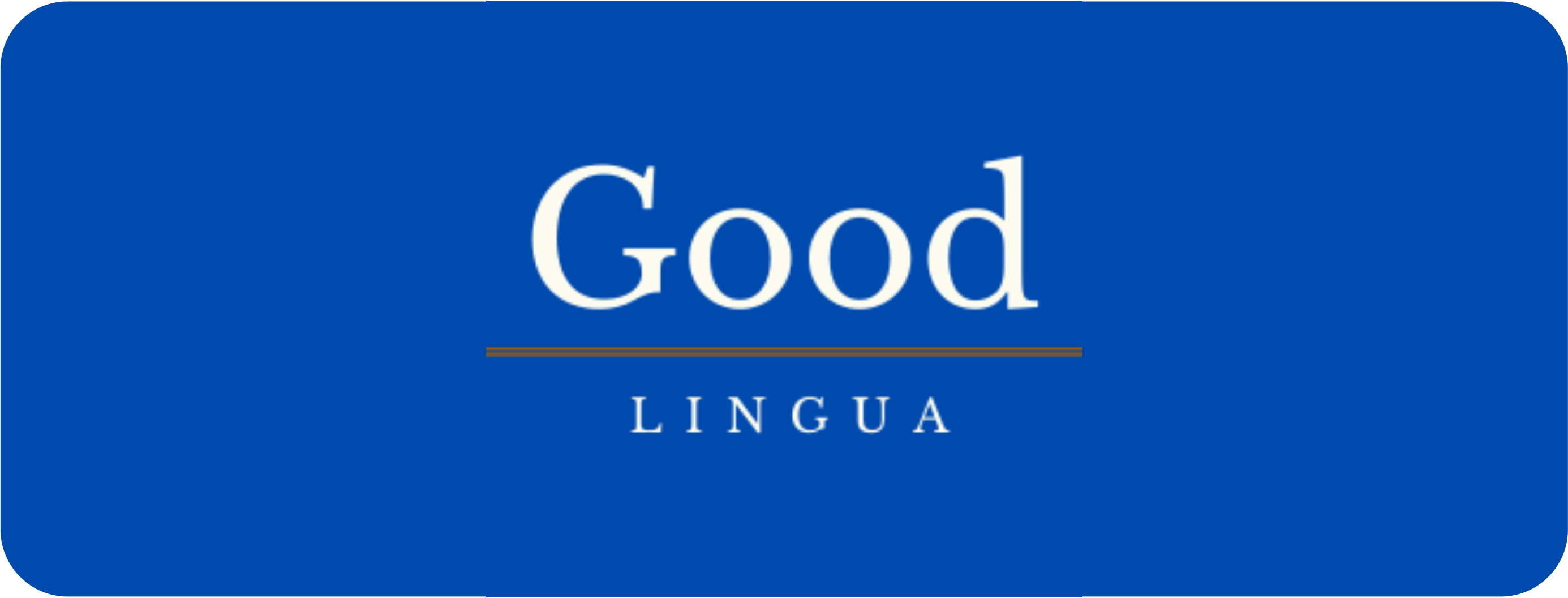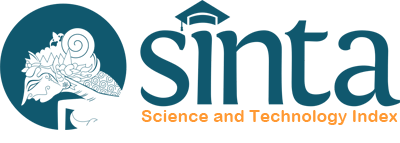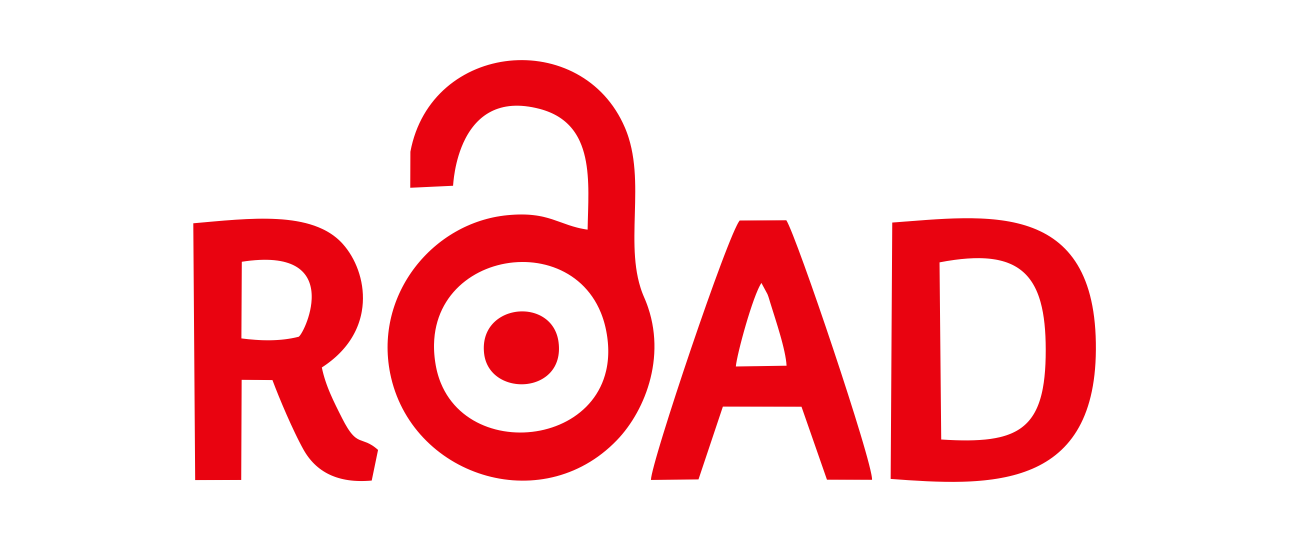KONSEP HAKI DALAM HUKUM ISLAM DAN IMPLEMENTASINYA BAGI PERLINDUNGAN HAK MEREK DI INDONESIA
DOI:
https://doi.org/10.15575/adliya.v8i1.8626Keywords:
Hak Kekayaan Intelektual, Ibtikar, Hukum Ekonomi IslamAbstract
References
Hashbi Ash-Shiddiqiey, Fiqh Muamalah, Jakarta: Bulan Bintang, 1999.
Hendi Suhendi, Fiqh Muamalah, Jakarta: Raja Grafindo Perkasa, 2002.
Nasrun Haroen, Fiqh Muamalah, Jakarta: Gaya Media Pratama, 2007.
Editor, http:// www.uniska.info.com/ syariah/ attachment 142 syafrinaldi/ Perbandingan Hak Cipta Dalam Konsep Kapitalis Dengan Hak Milik Dalam Pandangan Islam/ Hukum Islam Vol. III No. 2 Desember 2008, diakses tanggal 4 Juli 2010 6.20 PM.
Koentjaraningrat, Metode-metode Penelitian Masyarakat, Jakarta : PT. Gramedia, 1997.
Soenarjo, dkk. Al-Quran dan Terjemahnya, Jakarta : Depag RI, 1993.
Editor, http:// www.uniska.info.com/ syariah/ attachment 142 syafrinaldi/Perbandingan Hak Cipta Dalam Konsep Kapitalis Dengan Hak Milik Dalam Pandangan Islam/Hukum Islam Vol. III No. 2, Desember 2008, diakses tanggal 4 Juli 2010 6.20 PM.
Pipin Syarifin, Dedah Jubaedah, Peraturan Hak Kekayaan Intelektual di Indonesia, Bandung: Pustaka Bani Quraisy, 2004.
Undang-Undang Hak Cipta Nomor 19 Tahun 2002, Bandung : Transito, 2005.
Downloads
Published
How to Cite
Issue
Section
Citation Check
License
Authors who publish in ADLIYA: Jurnal Hukum dan Kemanusiaan agree to the following terms:
- Authors retain copyright and grant the journal right of first publication with the work simultaneously licensed under a Attribution-ShareAlike 4.0 International (CC BY-SA 4.0) License that allows others to share the work with an acknowledgment of the work's authorship and initial publication in this journal.
- Authors are able to enter into separate, additional contractual arrangements for the non-exclusive distribution of the journal's published version of the work (e.g., post it to an institutional repository or publish it in a book), with an acknowledgment of its initial publication in this journal.
- Authors are permitted and encouraged to post their work online (e.g., in institutional repositories or on their website) prior to and during the submission process, as it can lead to productive exchanges, as well as earlier and greater citation of published work (See The Effect of Open Access).
















